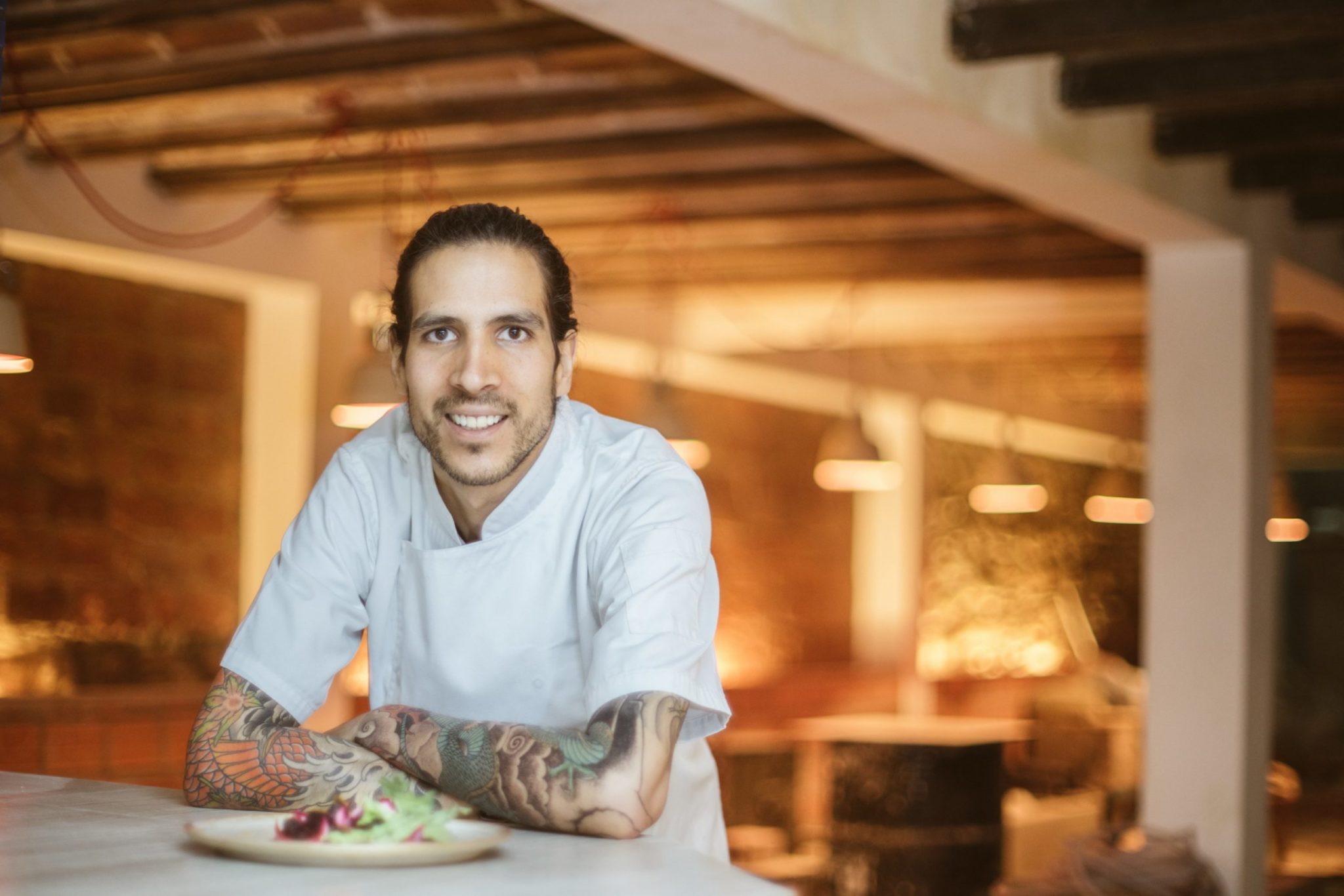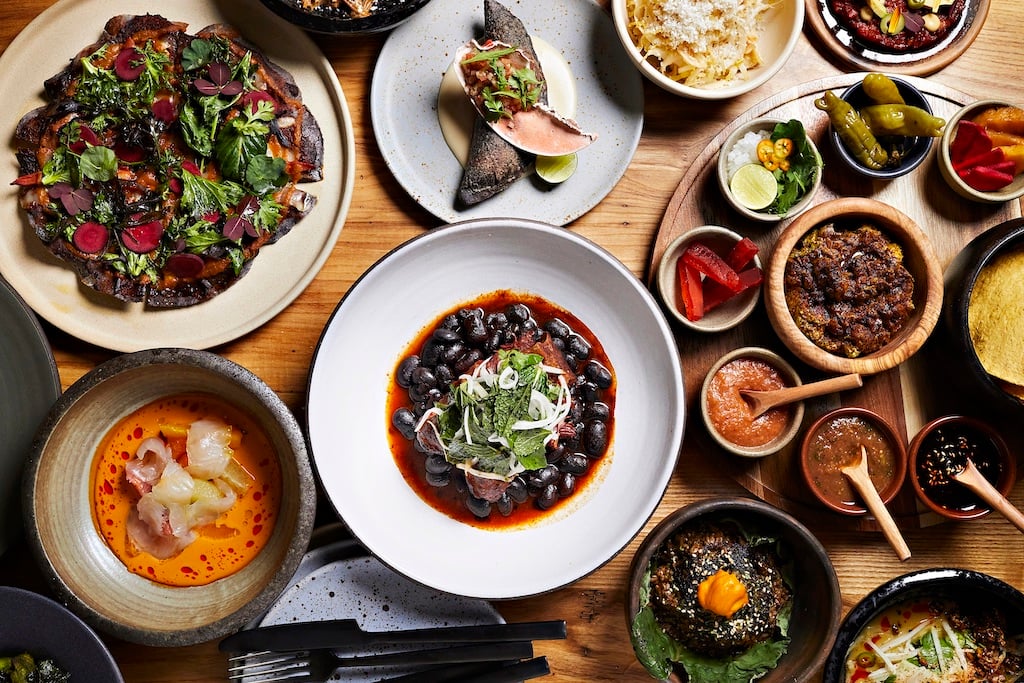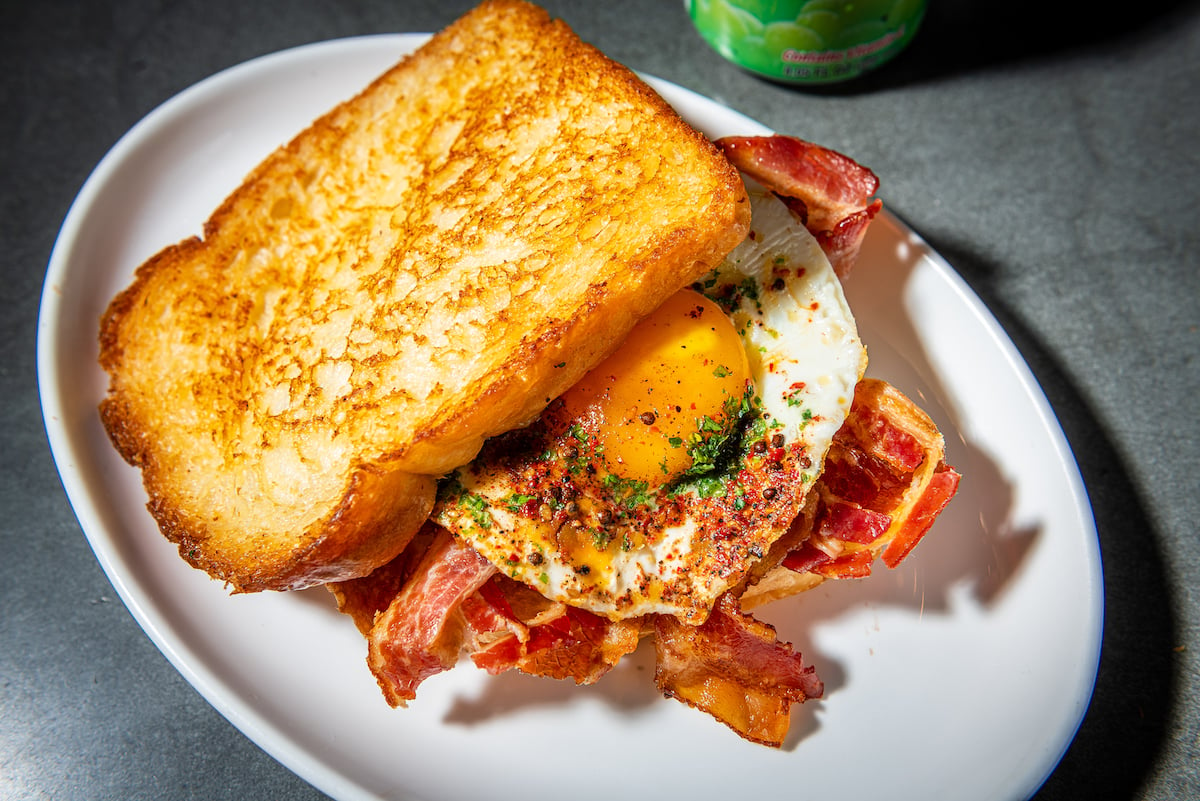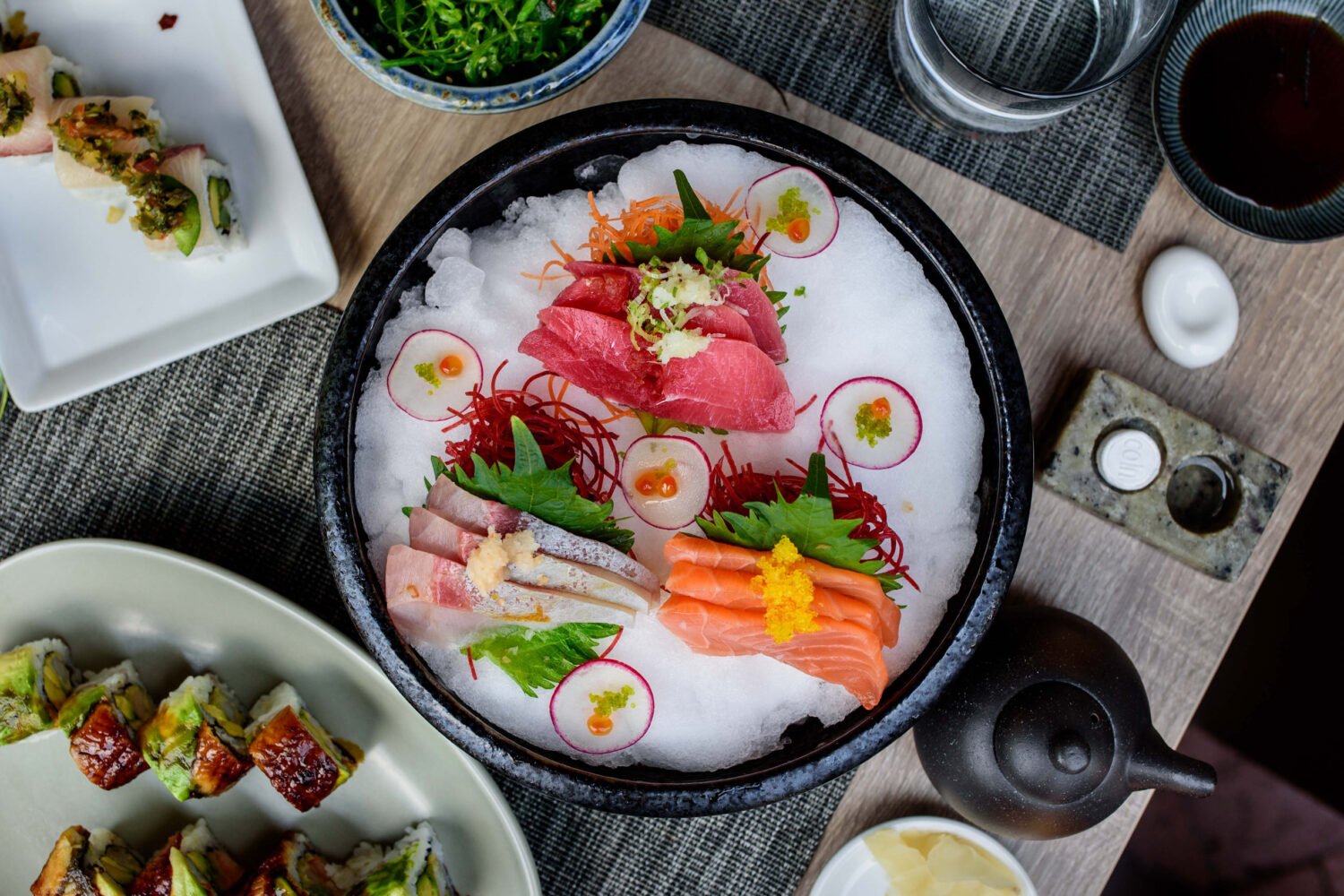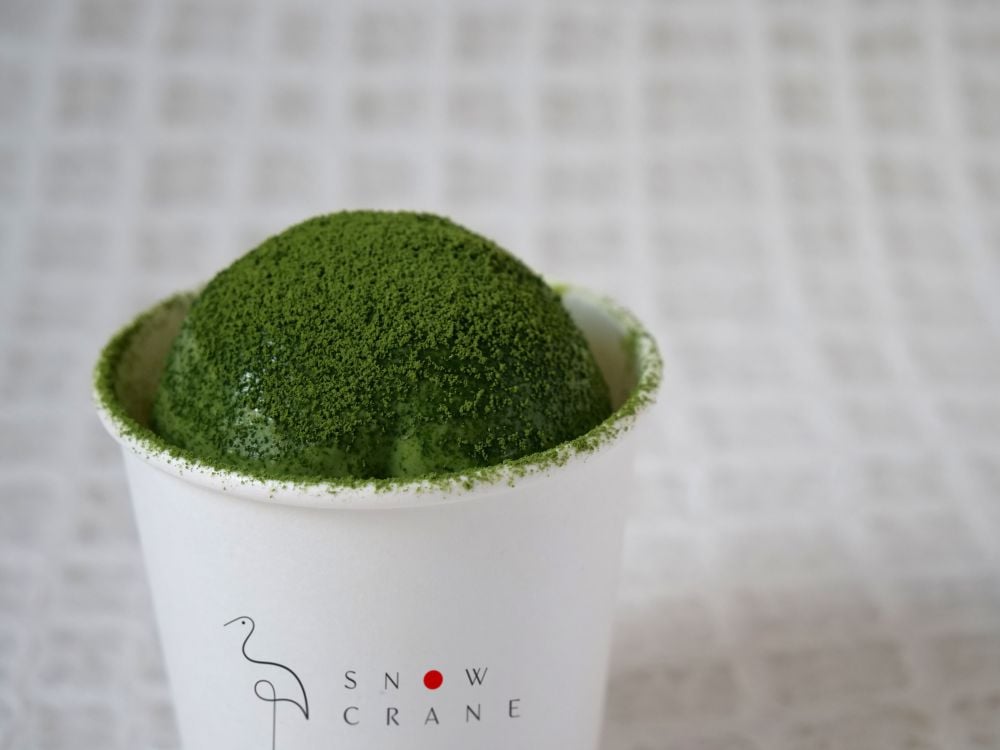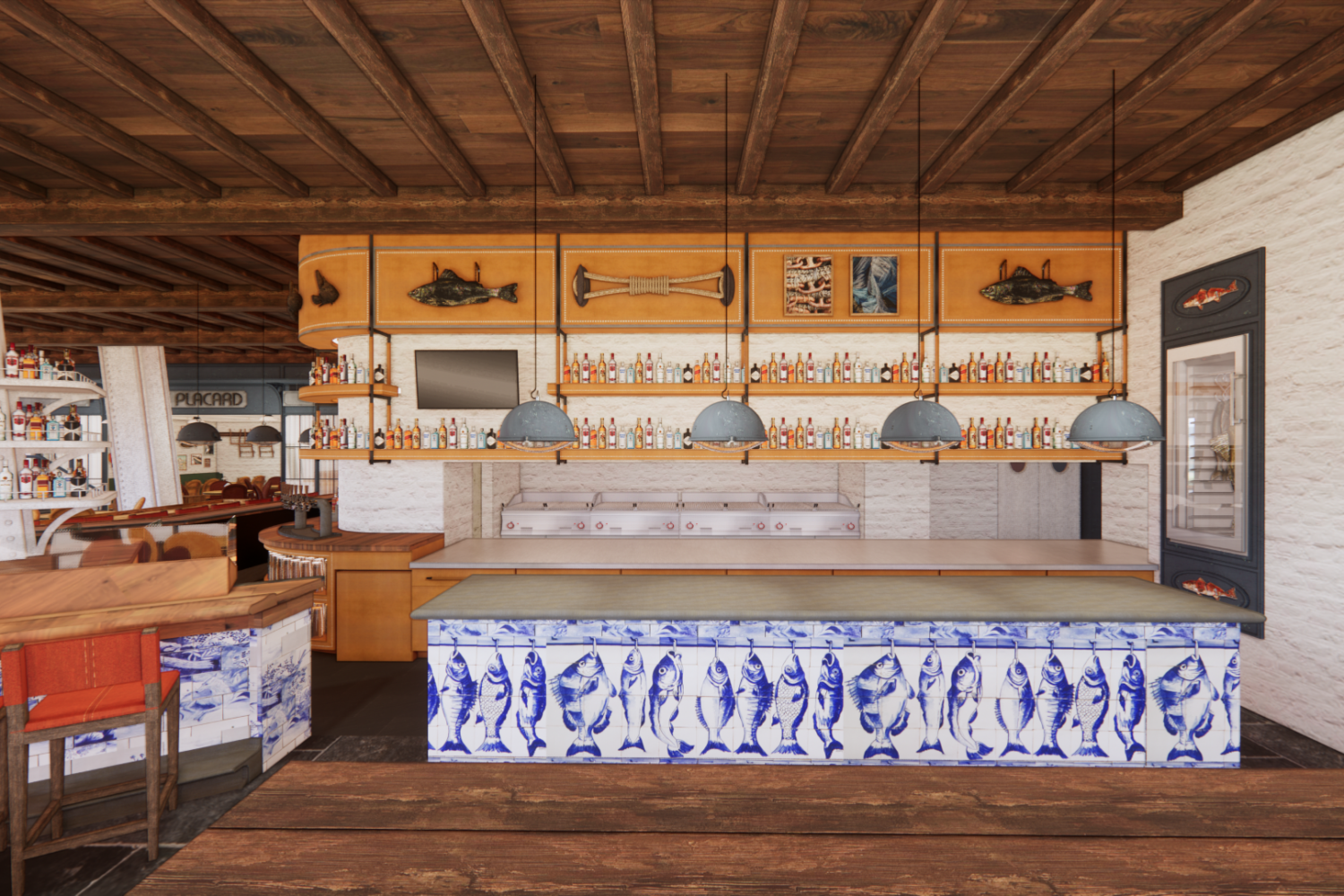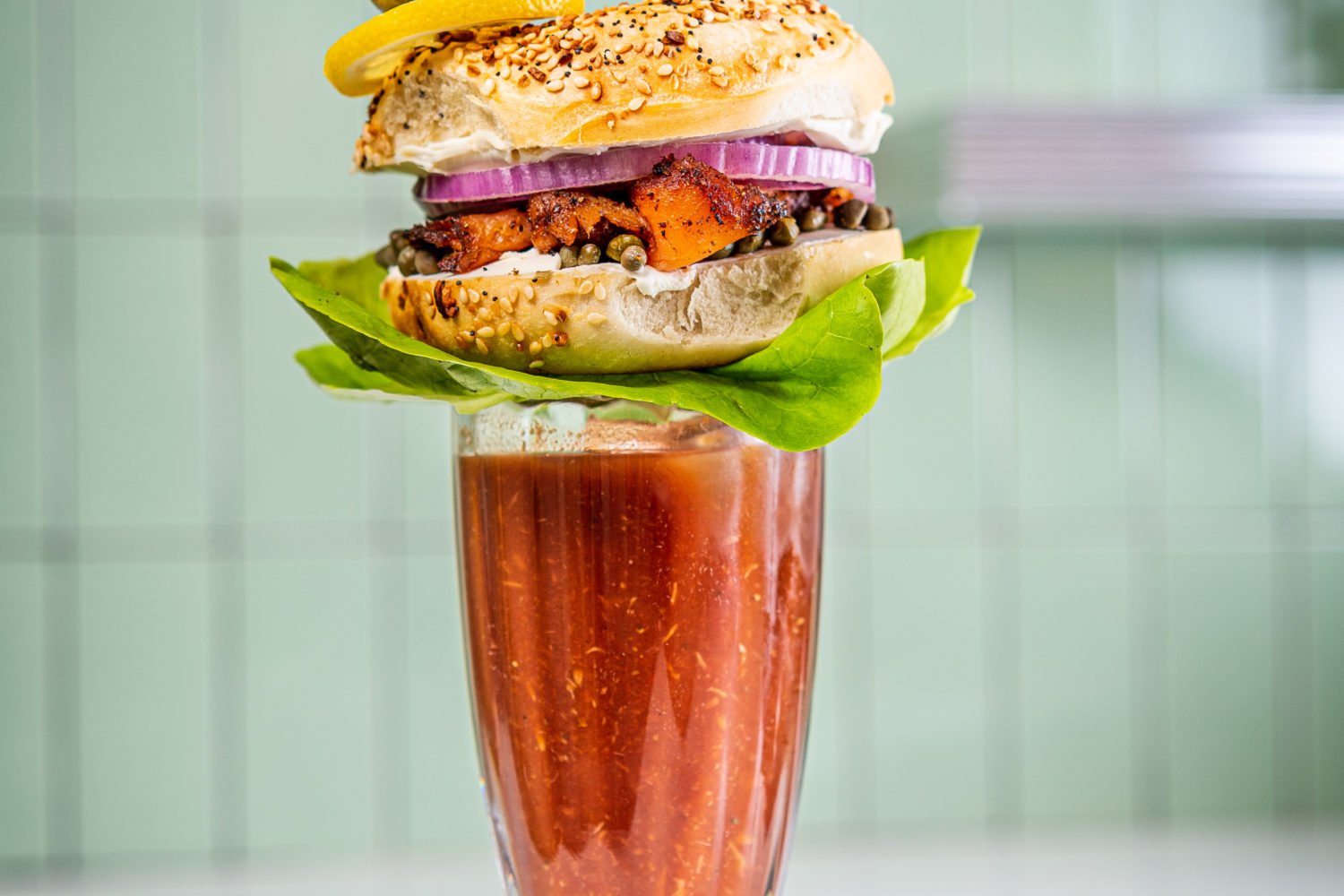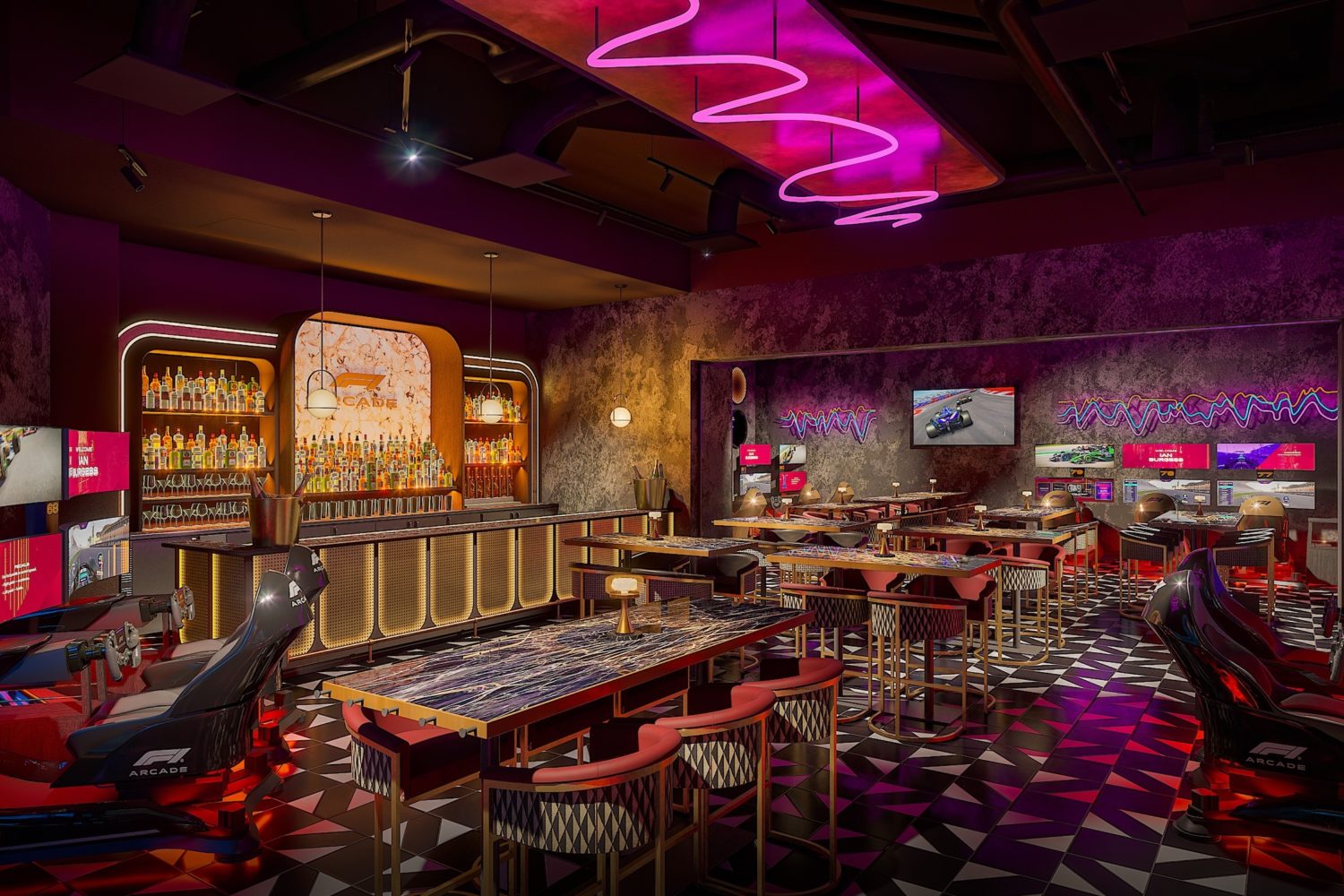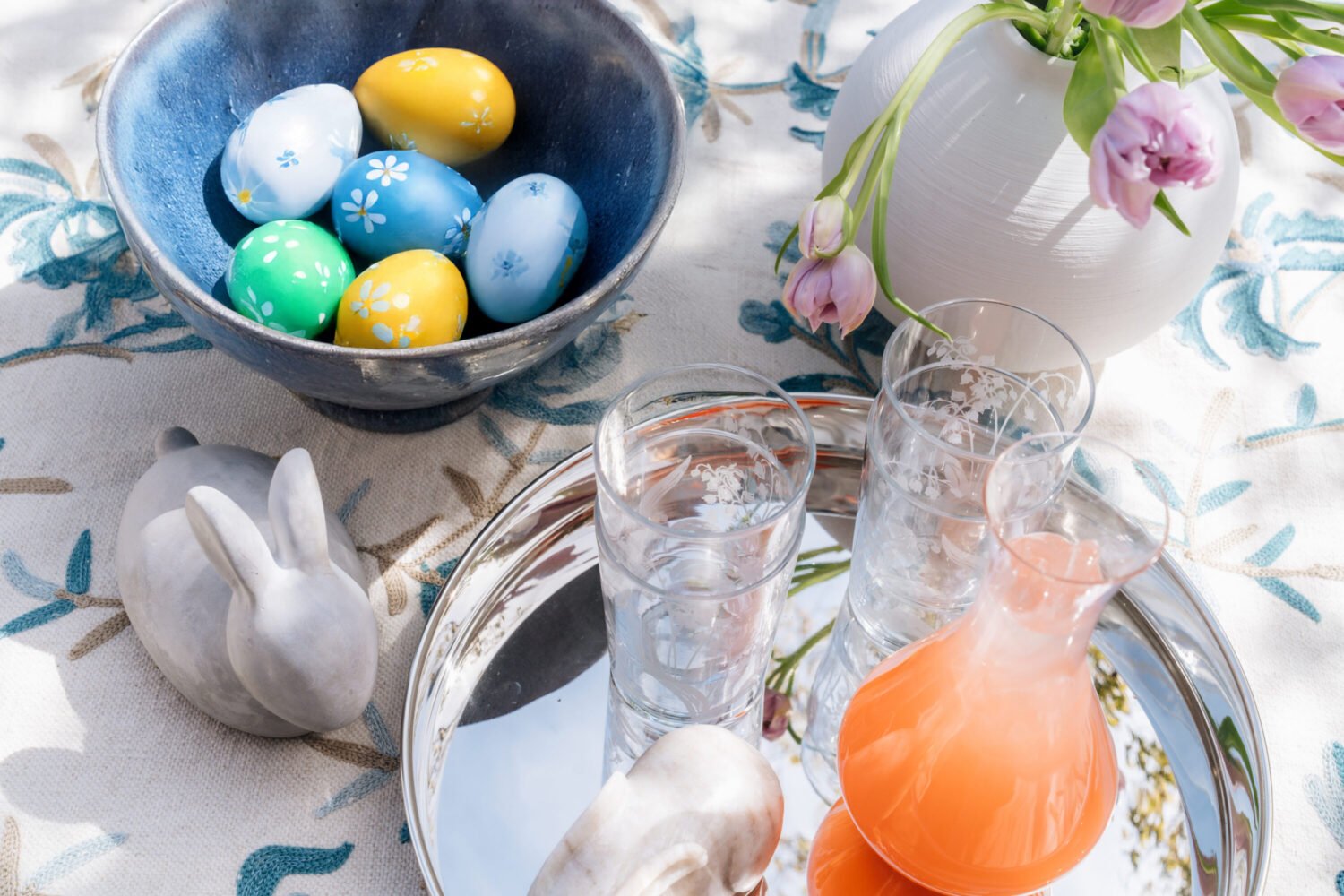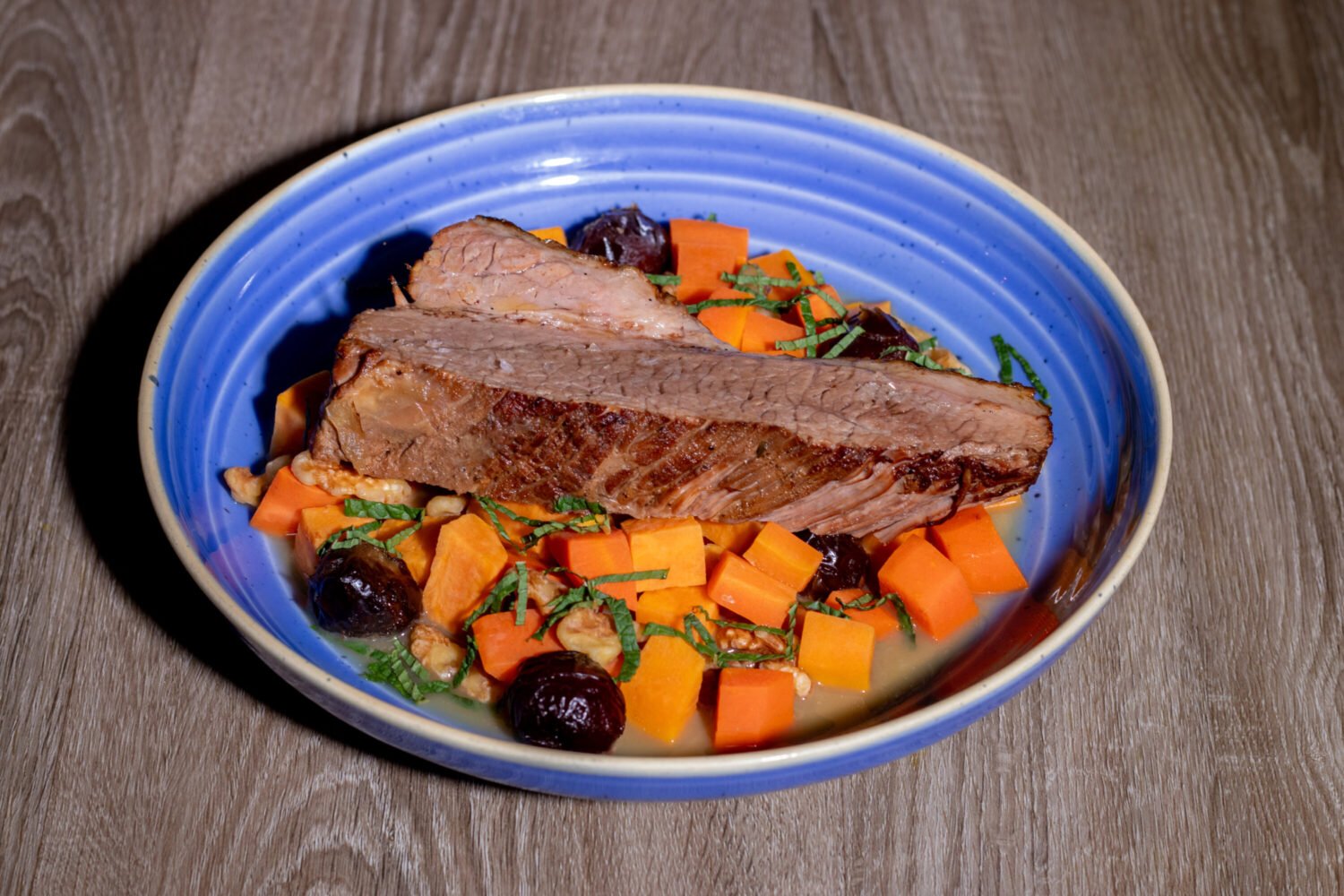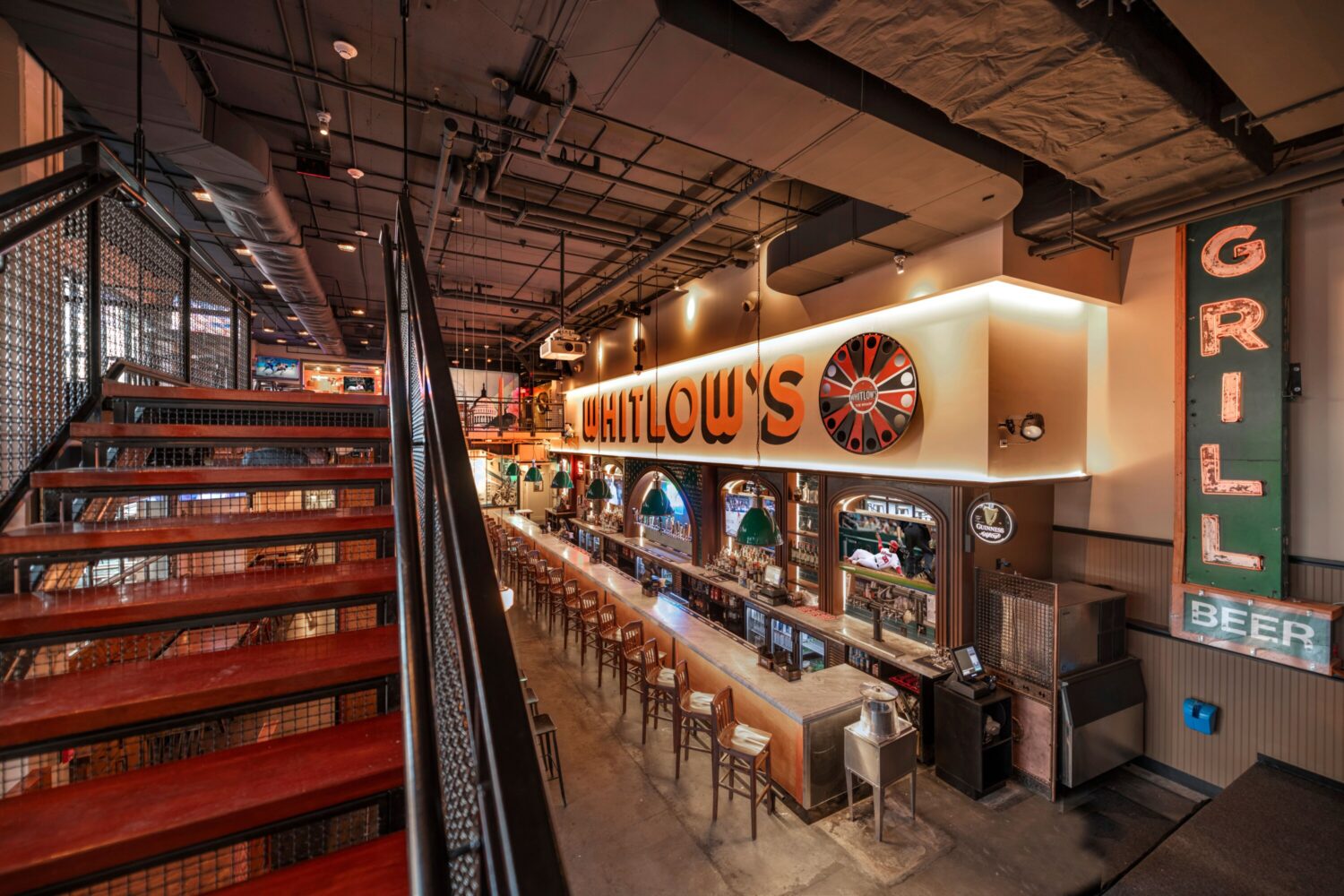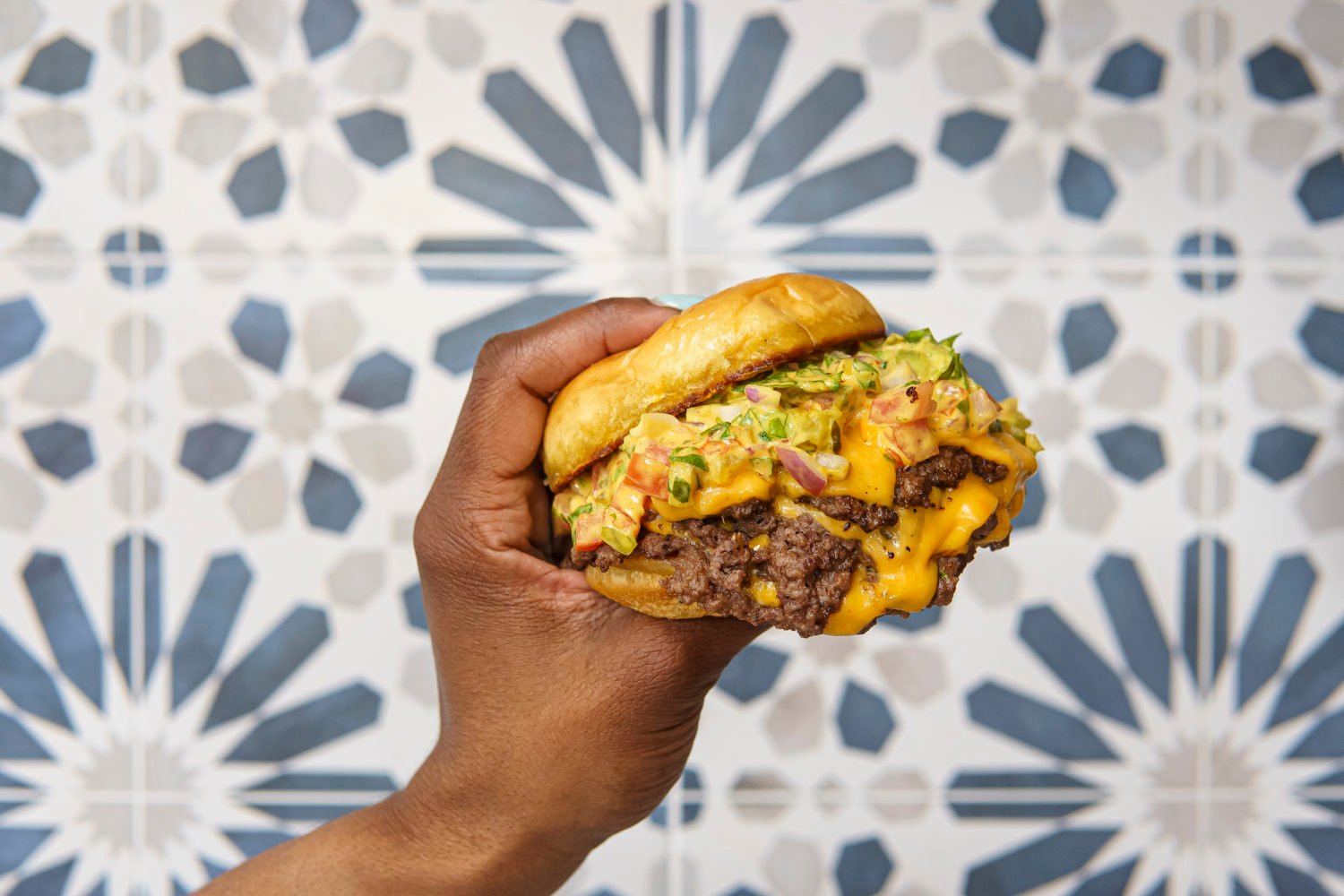Union Market is getting a Latin American sibling this summer with the opening of La Cosecha, a 20,000 square-foot retail/restaurant/event space debuting steps from the popular food hall. Developer Edens has signed over a dozen businesses so far, including six food and beverage operators—with more expected before the June rollout.
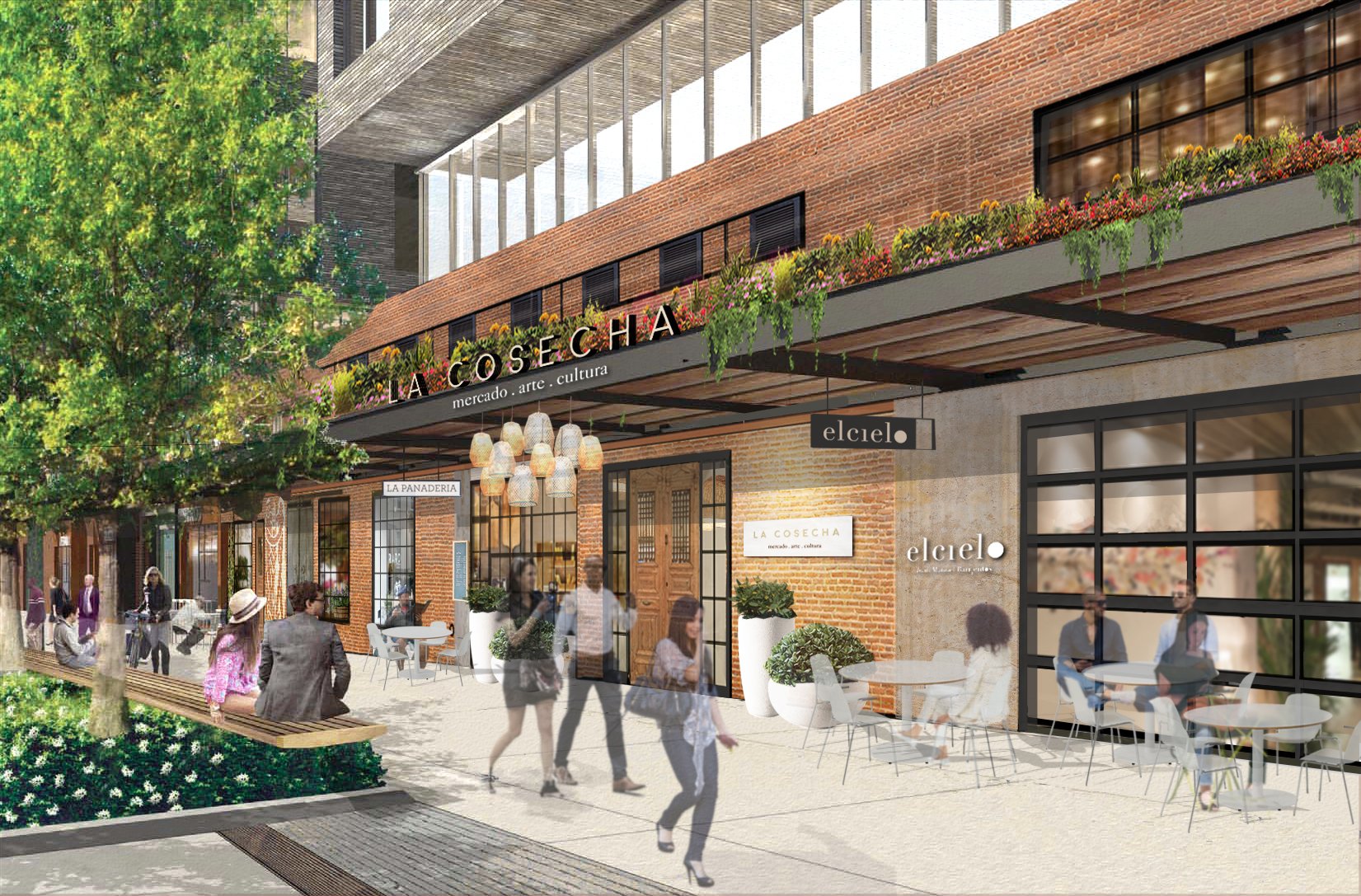
Among the lineup is a mix of local Latin names and new-to-DC businesses. The largest restaurant will be El Cielo, the luxe restaurant line from Colombian chef Juan Manuel “Juanma” Barrientos that started in Medellín over a decade ago and has since expanded to Bogota and Miami. Others include a spinoff of Bolivia’s avant-garde vegan tasting room, Ali Pacha. Closer to home, you may recognize former Oyamel chef Christian Irabién, who’s opening the first brick-and-mortar location of his modern Mexican pop-up, Amparo Fondita; a Latin/Caribbean wine and spirits bar and grocery from Shaw’s Grand Cata owners; a sit-down spinoff of Baltimore’s White Envelope Arepa Bar; and an eatery from the owners of the Peruvian Brothers food truck. See an expanded preview below.
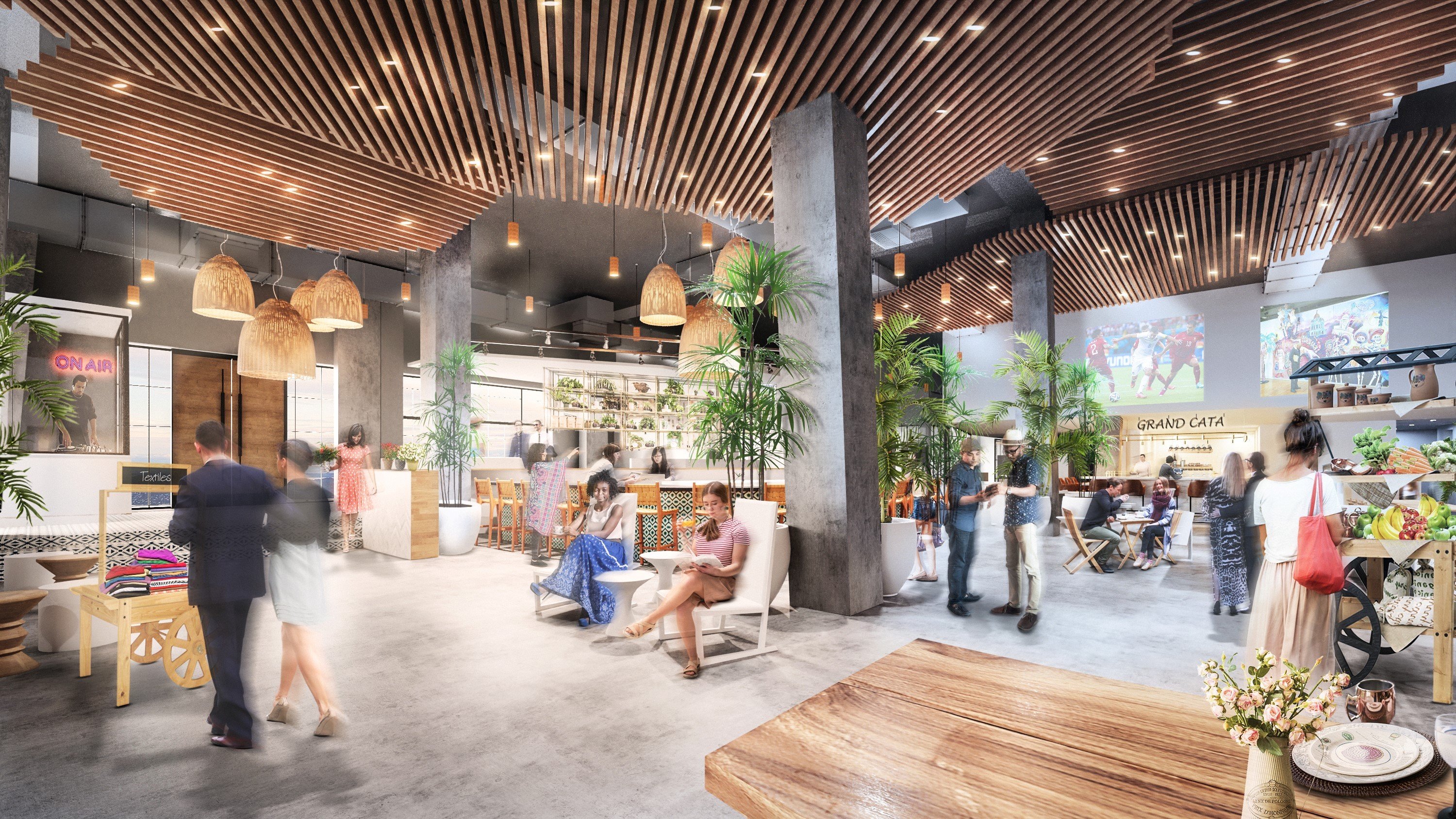
Edens originally broke ground in 2016 for a Latin marketplace with Iron Chef‘s Jose Garces but pivoted to La Cosecha—which means “the harvest”—around the time the celebrity chef’s empire began to unravel through a series of financial lawsuits and bankruptcy. Similar to Union Market, La Cosecha plans to draw from a larger talent pool of international and local talent, plus rotating pop-ups, programs with Latin American embassies, and more. Here are some highlights:
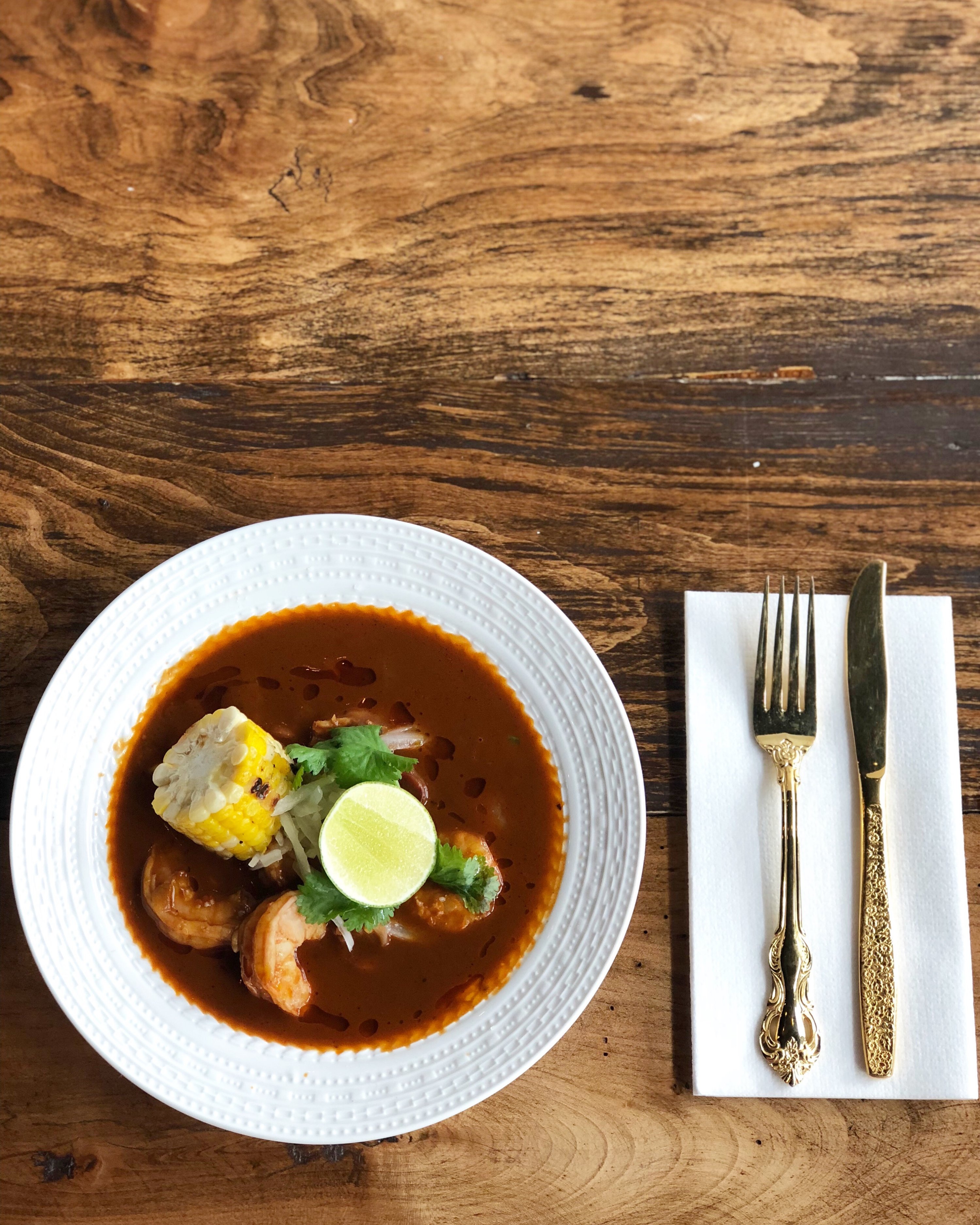
Amparo Fondita
You won’t find tacos or fajitas at Amparo Fondita, former Oyamel chef Christian Irabién’s 1,600 square-foot modern Mexican restaurant inside the market.
“We’re trying to have a conversation about Mexican food not being this pigeonholed, cookie-cutter concept,” says Irabién, a Chihuaha native. “We had Chinese neighbors, Italian neighbors, a big Jewish community. There were a lot of those foods being cooked using Mexican products that don’t get touched at restaurants here because anything that falls out of the mold—that isn’t a taco—isn’t considered Mexican.”
The restaurant, which will have a modern Mexico City aesthetic (think concrete and plenty of street art), is named for his grandmother. Irabién says a majority of dishes come from her as well. His grandparents hail from the coast and opened a Yucatan-style seafood restaurant in a strip mall when they immigrated to El Paso. Look for lots of seafood, guisados (stews), and large family-style roasts served homestyle with sauces, herbs, and homemade corn tortillas—plus a few cheffy dishes from his pop-up, such as huitlacoche ravioli with roasted poblano sauce. A roomy bar will pour plenty of tequila and mezcal, but also whiskey drinks (his grandfather’s favorite).
“We’re going in for bold flavors and things that feel like home,” says Irabién.
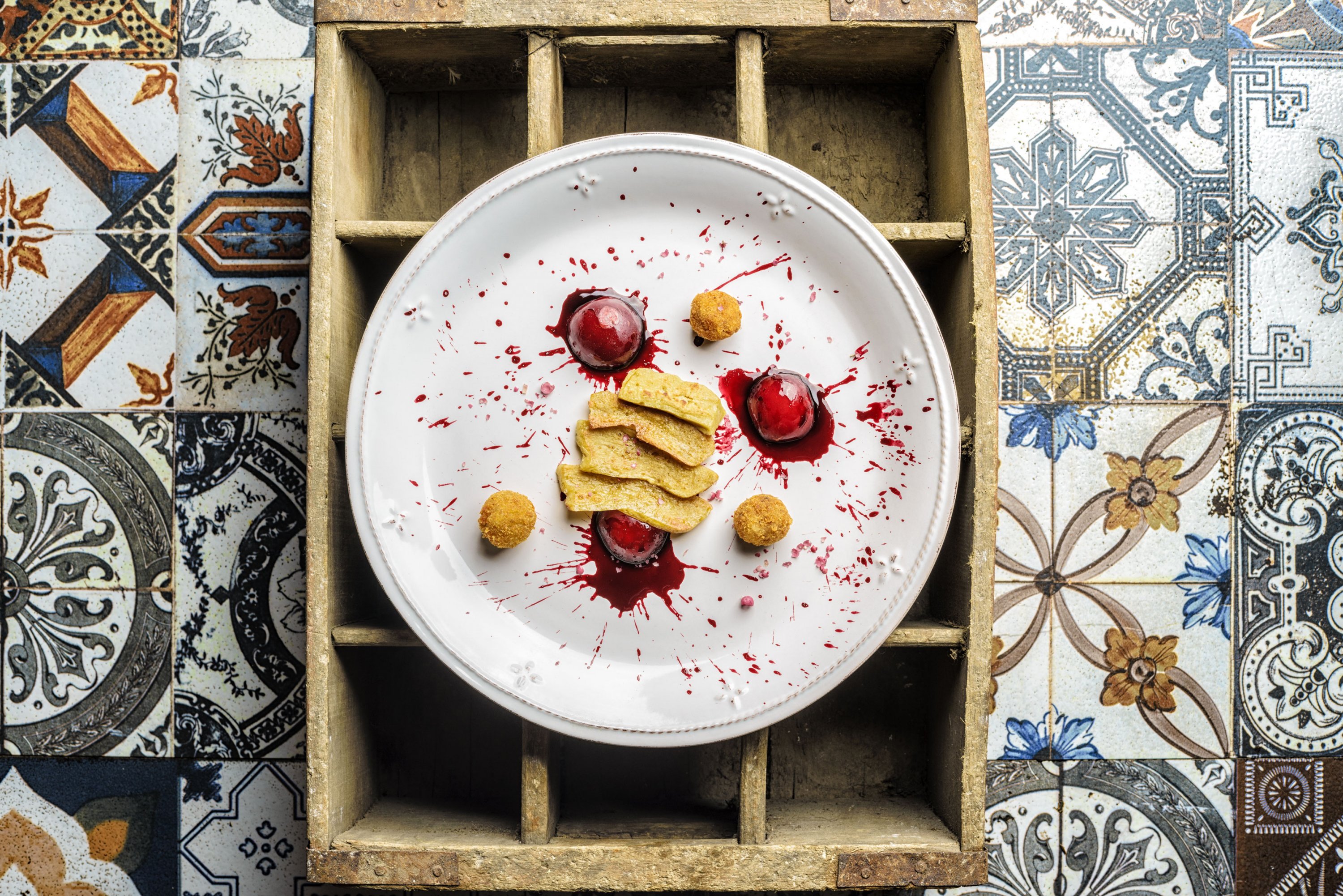
Ali Pacha
Bolivian chef Sebastian Quiroga wasn’t always a vegan chef. It wasn’t until he’d graduated from London’s Cordon Bleu and was staging at Denmark’s lauded (and meat-heavy) Relae that he watched the documentary Earthlinks, which immediately changed his worldview. The next day, he went to the market and began experimenting with more vegetables.
“I was astonished,” says Quiroga. “This is a profession that needs creativity, and when you have certain limitations it opens a whole world.”
The restaurant he opened three years ago in the industrial, fast food-heavy area of La Paz—complete with surprise tasting menus based solely off native Bolivian ingredients—was considered cutting-edge.
Quiroga plans to bring a similar concept to La Cosecha, using a mix of imported Bolivian ingredients and local produce to create finer-dining nightly menus matched with organic/biodynamic wines in his 34-odd seat space. Though the lineup will continue to be a surprise, his dishes reimagine Bolivian classics with plant-based ingredients, such as humita (like a Bolivian tamale) with coffee and creamy corn sauce, or sopa di mani (peanut soup). During the day, Ali Pacha will serve fast-casual street food that’s popular around La Paz, such as vegetable anticuchos (grilled skewers) and an Impossible Meat version of an otherwise porky chola sandwich.
“It’s all about bringing Bolivia into the dish,” says Quiroga.
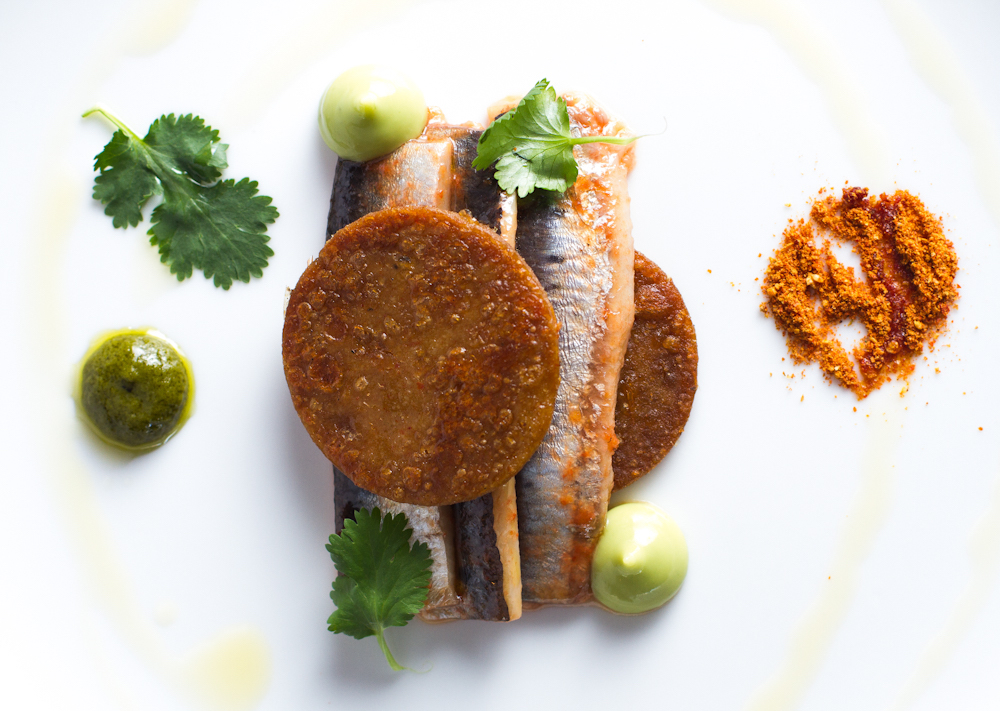
White Envelope Arepa + Ceviche Bar
Venezuelan native Frederico Tischler wants to show diners there’s more to arepas than just masa cakes stuffed with meat and cheese. The Baltimore chef, an Alma alum who operates an arepa stall the R. House food hall, brings a modern touch to the street snack.
At his expanded 70-odd seat White Envelope Arepa + Ceviche Bar at La Cosecha, you might find arepas fashioned from green plantains, stuffed with cured fish, or made Northwestern-style with wheat so that the rounds resemble English muffins. The menu will also lean heavily on the sea.
“We want to show the whole culture we have on the coast. We have a lot of raw fish, ceviche, pickles, escabeche,” says Tischler.
The coastal fare will translate to the eatery’s look, including a 20-seat patio and bright, modern aesthetic that’s designed to channel Venezuela in the ’50s and ’60s. A bar will pour Venezuelan drinks and cocktails using tropical fruits.
“The idea is to break the image that Latin America is just Mexican food,” says Tischler of La Cosecha. “We want to show a cultural space, that each restaurant show the diversity of the cultures.”
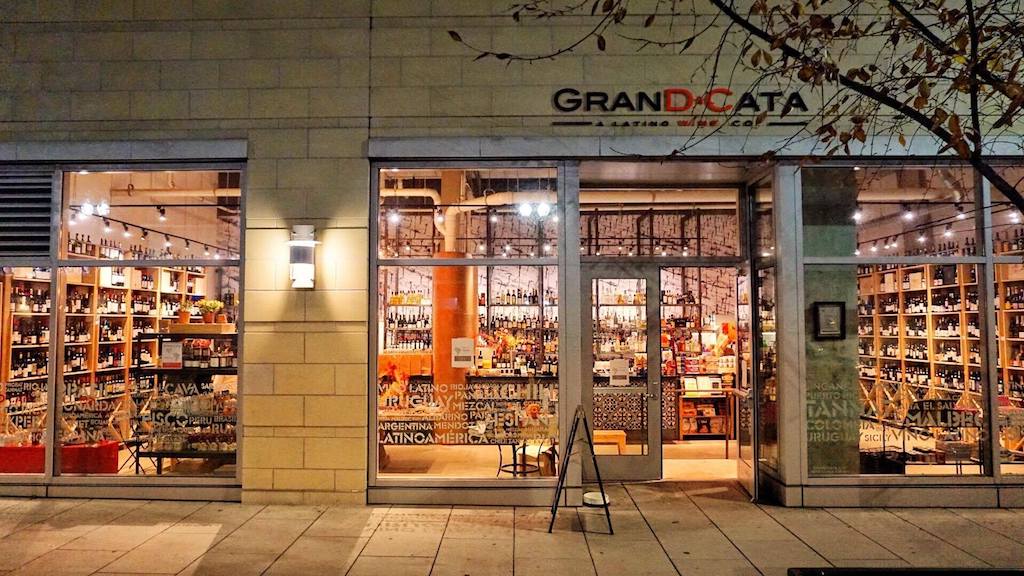
Grand Cata
At their Latin wine shop in Shaw, Pedro J. Rodriguez and Julio Robledo—from Puerto Rico and Chile, respectively—show there’s much more to Latin wines than big-box Malbec. The duo source bottles from small producers across Latin America, including natural, organic, and biodynamic varietals. Their forthcoming wine and spirits bar at La Cosecha will allow patrons to taste as much as they shop.
The 650-square-foot space will have a bar for tasting around 10 to 15 rotating wines by the glass. Part of the idea is to showcase native grapes, such as Pipeño from Chile. The offerings will include three to five rotating cocktails, such as Pisco sours, palomas, and daiquiris. All can be matched with light snacks. A grocery section will carry more wines and spirits, as well as olive oils from Peru and Chile, Argentinian mate tea, spices such as Chilean merkén, and plenty of charcuterie.
“All the things that make us happy in our home countries, we’ll try to do them in the store,” says Robledo.

